Goce Delčev University of Štip is a public university located in Štip, North Macedonia. Here is a detailed introduction to the university:
Introduction and Overview
Name: Goce Delčev University of Štip, Macedonian for "Универзитет Гоце Делчев - Штип", abbreviated as UGD.
Geographical Location: Located in the city of Štip in eastern North Macedonia, the coordinates are 41°44′13″N, 22°11′26″E.
Size: In the 2018-2019 academic year, a total of 8,237 students were enrolled.
History and Establishment
The university was established on March 27, 2007 by the Parliament of the Republic of North Macedonia. On June 28, 2007, the University Senate held its first inaugural meeting in the auditorium of the Faculty of Education and the Faculty of Mining, Geology and Technology and appointed the first rector. In the first academic year, about 1,300 students were enrolled.
School Strength
Teaching Staff: More than 200 academic staff and more than 300 administrative staff.
Teaching Facilities: It has four independent campuses, as well as the University Sports Center, University Cultural Center, Inter-school Cooperation Center, Public Relations Center, Lifelong Learning Center, E-Learning Center, Quality Assurance Center, IT Center and Alumni Club, etc.
Institutional Nature
Goce Delčev University of Štip is a public university.
Educational Philosophy
With the philosophy of inclusiveness, diversity and cooperation, it is student-centered, committed to providing students with high-quality education, focusing on cultivating students' personal abilities and comprehensive qualities, adopting personalized teaching methods, committed to broadening educational channels, innovation and providing social welfare for all, and encouraging students to actively participate in social activities and contribute to society.
Key laboratories and disciplines
Key laboratories: It has several research laboratories such as Unilab, and its research fields include electron microscopy, food quality testing, microscopic sample preparation, radiopharmaceuticals, dental research, computer security and digital forensics.
Advantageous disciplines: Medicine, computer science, electrical engineering, mechanical engineering, law, economics, education and other disciplines have certain advantages and characteristics, and have a high reputation and influence in the local and surrounding areas.
Faculty
The university has 12 colleges and 3 art colleges, including the School of Medicine, School of Economics, School of Mechanical Engineering, School of Law, School of Electrical Engineering, School of Technology, School of Literature, School of Education, School of Computer Science, School of Tourism and Business Logistics, School of Natural and Technical Sciences, School of Agriculture, School of Arts, School of Music and School of Film.
Ranking
In the QS Emerging Europe and Central Asia University Rankings, it is ranked 251-300 (2022) and 126th in the European University Rankings - Southern Europe (2024).
Fees
There is no exact tuition fee standard for international students at present. The tuition fees for North Macedonian students are relatively low, and the tuition fees for international students may be slightly higher. Compared with other European countries, the cost of living in North Macedonia is relatively low. Students' monthly living expenses are about 300-500 euros, including board, lodging, transportation and other daily expenses.
Campus Environment
Campus distribution: There are four campuses in total, each with different colleges. Campus 1 includes the School of Arts, the School of Music and the School of Film; Campus 2 includes the School of Agriculture, the School of Mechanical Engineering, the School of Electrical Engineering, the School of Technology, the School of Computer Science and the School of Natural and Technical Sciences; Campus 3 includes the School of Medicine; Campus 4 includes the School of Economics, the School of Law, the School of Arts, the School of Education and the School of Tourism and Business Logistics.
Cultural and Sports Facilities: With complete sports facilities and cultural centers, it provides students with a rich venue for extracurricular activities and promotes the all-round development of students.
-
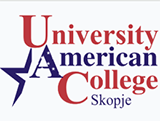
University American College Skopje
-
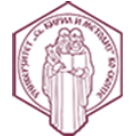
Ss. Cyril and Methodius University of Skopje
-
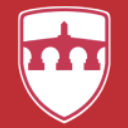
International Balkan University
-
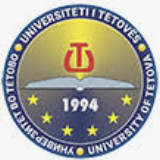
State University of Tetova
-
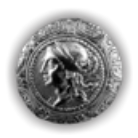
MIT University Skopje
-

St. Clement of Ohrid University of Bitola
-

Goce Delčev University of Štip
-
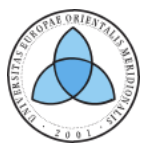
South East European University
-
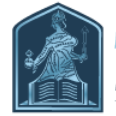
University for Audiovisual Arts - European Film Academy ESRA - Skopje
-
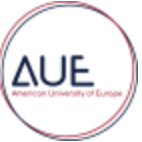
FON University
-

Mesoamerican University
-

Istmo University
-

Mariano Galvez University of Guatemala
-

Regional University of Guatemala
-

Galileo University
-

Francisco Marroquín University
-

Rafael Landívar University
-

University of the Valley of Guatemala
-

University of San Carlos of Guatemala
-

Technological Institute of Tlaxcala Plateau
-

Golfo University
-

Technological University of South Sonora
-

Technological University of Huejotzingo
-

Tizimín Institute of Technology
-

Chilpancingo Institute of Technology
